Our co-founder Laila questions the potential long-term effects of corona on our relationships…
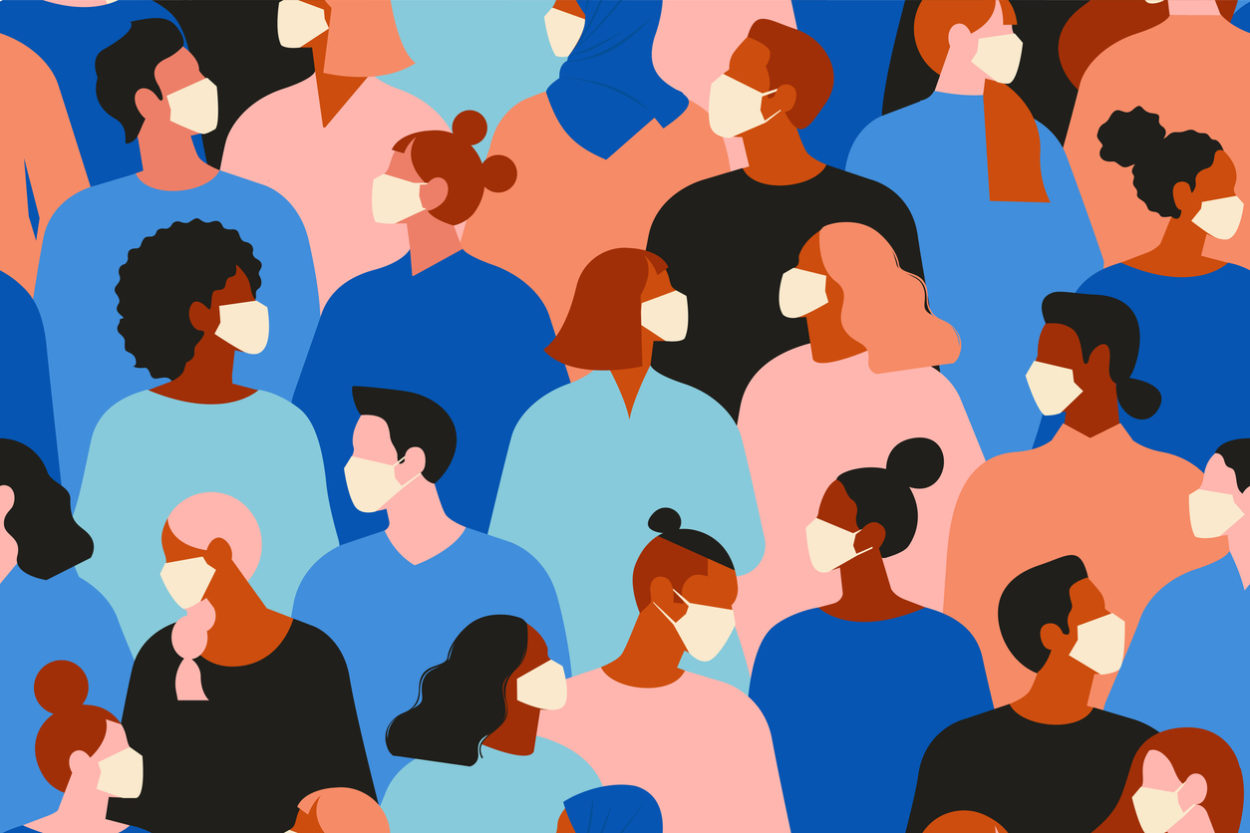
How is Corona Affecting Relationships?
As the coronavirus pandemic ensues, many of us, myself included, have taken to social media to construct a semblance of a social life whilst in isolation. Time which used to be spent at friends’ flats, pubs, clubs, at gigs or outside in any social capacity, is now replaced by scheduled FaceTimes. Consequently, there is no more running into people. Bumping into friends or acquaintances who used to frequent the same social spots as you is no longer possible. Almost everybody that I interact with now, I have made a conscious effort to reach out to or has reached out to me. Social interactions are no longer reliant on chance rather than active effort. In some ways the increased agency over who I interact with has been enlightening: it has revealed to me who I value and who values me. But there is no true replacement for real human contact. So with all this in mind, I asked some of my friends the following question: are you feeling lonely?
The resounding answer, to my relief, was no. But the issue of excessive reliance on social media was flagged multiple times as a cause of stress. Whilst previously limited time spent on social media and engaging in the ‘real world’ was fast becoming the new trend, now we depend on it maintain and sustain our relationships. Very few people can afford to indulge in a social media detox under social isolation conditions. Thus, the old pitfalls of social media begin to take centre stage in our lives once again: the likes, the fake news and the constant stream of updates. And then there is the issue of how we actually communicate on social media. One friend noted that there was a marked difference between the way that she communicates on social media versus in person. She said that the vapidness of social media allowed her to message things which she would have serious reservations about communicating in person. She could be vulnerable over text but that this not a clear reflection of her true character. She believes this uncomfortable dichotomy to be evidence of the artificial nature of social media.
Another friend said that she is frightened that the long term effects of reliance on social media will paradoxically hamper our ability to form personal connections in the future. Undoubtedly space from others, now more than ever, is a huge luxury. But this could filter through to the post-corona world, which may see people guarding themselves from physically spending time with others unnecessarily. As Professor Deborah Tannen puts it: ‘the comfort of being in the presence of others might be replaced by a greater comfort with absence’. Personally, this has been the biggest shock to my relationships. Being unable to use physical contact as a means of communication has revealed just how much I used to rely on it. And now that it is no longer an option, I feel as though my ability to communicate effectively has been seriously curbed. It may sound dramatic, but without the option of holding a friend’s hand or squeezing their arm, my words feel empty.
But there is also something amazing at play here. For the first time, our generation has been proven fallible. We are not indestructible and the sense of exceptionalism which prevailed across developed (largely Western) countries has been proven a myth. Everybody (although to varying degrees) is at risk; nobody is entirely exempt from the effects of the pandemic. What I’ve noticed is that relationships and communication have been liberated from any pre-existing conventions or ‘rules’. One friend who studies abroad, and is self isolating there without his family, has recently started dating someone. He had only been on two dates with his significant other before lockdown was announced. In the panicked and uncertain atmosphere of lockdown, the traditional dating rule book was thrown out; immediately giving rise to a shared intimacy between the two. The fear of uncertainty overwhelmed the fear of reaching out and being vulnerable. As a result, their relationship has progressed and strengthened quicker than it would have under normal circumstances.
So is it fair to say that our sudden awareness of our fallibility and subsequent mitigation of our pride, is deepening our capacity for more meaningful relationships? I can’t answer that question alone. But I do know that feeling scared has forced me let go of my own pride and ego. Whereas in the past I would have been worried about awkwardness; I am now reaching out to old friends that I had lost contact with years ago. When faced with an uncertain future, reaching out to people is now coupled with a sense of urgency. When I asked a friend whether or not I should reach out and check in with someone I like, she replied with: ‘life is short and the apocalypse is nigh’. Although a slight exaggeration, the basic sentiment holds true: this is not a time for pride to configure in communication.
Quarantine has also granted us time for our relationships. A friend who has been going on FaceTime dates with a person she matched with on Tinder, said that she now feels she has time to get to know the guy. Although the absence of physical presence has its obvious drawbacks, the pressures of sex are not majorly influencing her interactions with him. She doesn’t have to worry about when the right time to have sex with him is nor does is she concerned that he is getting laid elsewhere. They are just enjoying each others company, without rushing the process of intimacy in a race to have sex.
So as we prepare for a post corona world, I hope we emerge with a heightened awareness of our capacity for forming connections. It may be that we resurface, perhaps counterintuitively, with deeper, more meaningful relationships than we entered with. Although its hard to predict what the long term effects of our generation’s increased dependence on social media will have on future communications; hopefully its negative implications for human connections will be countered with a heightened collective vulnerability and honesty.

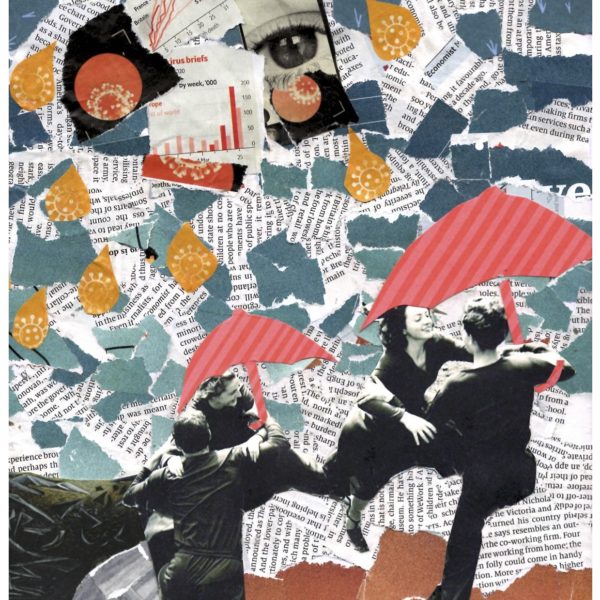
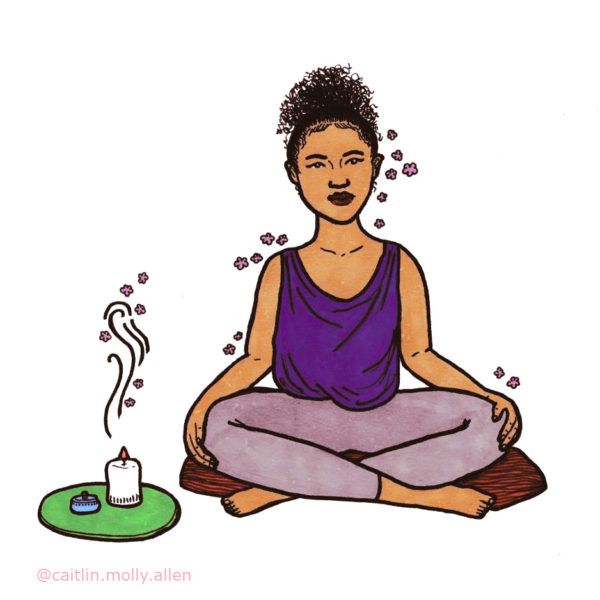
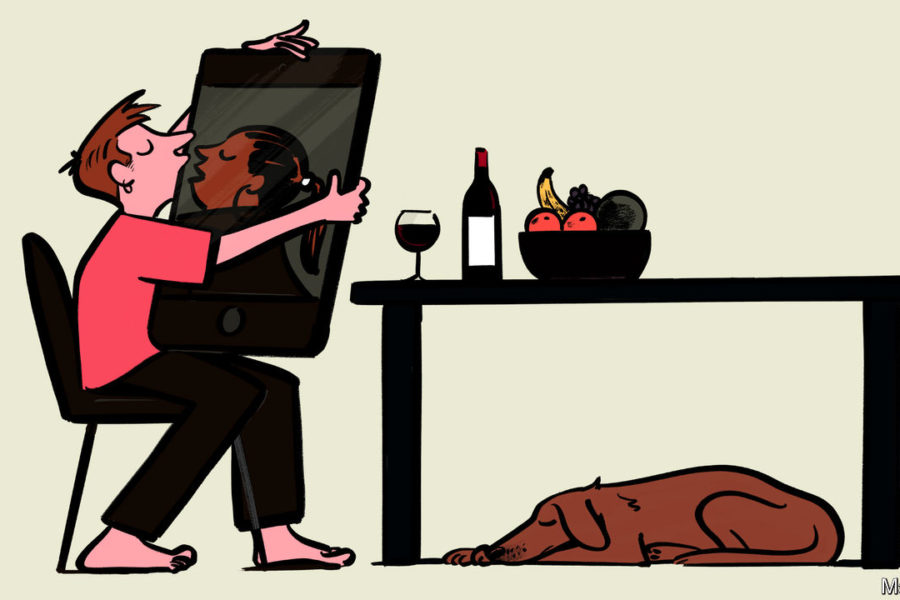

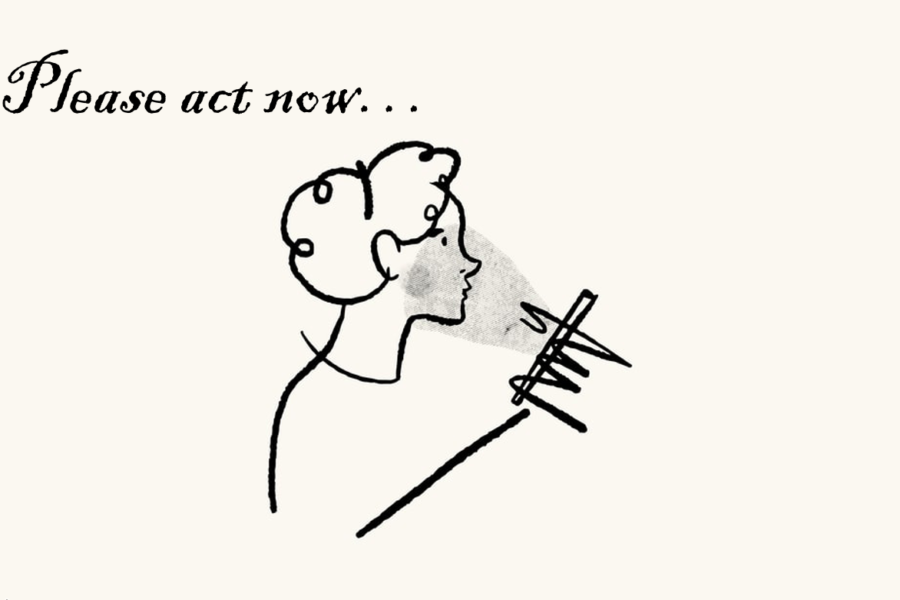
Leave a Comment